Berhan Taye Gemeda – Uncensored. Public Interest Tech

Transcript
BERHAN TAYE GEMEDA: Censorship and surveillance online has become so rampant that it affects every aspect of your life. It’s like telling people, “You’re not allowed to read a book” or “You’re not allowed to read this page of the book, but you’re allowed to read the other page because, you know, this one is not relevant for you.”
[Berhan Taye Gemeda, Ford-Mozilla Open Web Fellow, Research Action Design. A Black woman with short hair and glasses, wearing silver hoop earrings and a sleeveless denim dress.]
[An animation sequence shows an open book. The left page reads, “Net Neutrality … is the Internet’s guiding principle. It preserves our right to communicate freely online.” Right-hand page says, “Net Neutrality … means an Internet that enables and protects free speech.” The text is then blocked out and stamped with the words, “This content has been censored.”]
Berhan Taye Gemeda, take one.
I’m from Ethiopia. My lived reality is censorship and surveillance. It affects every aspect of your life, where you have to think twice before you tweet something—whether it’s positive or negative about a certain group or a certain ruling party—which really decreases the spaces that you have for civic engagement.
We’ve had too many incidents of internet shutdowns. When Twitter and Facebook are closed down and there’s a massive protest happening in your country, and you want to understand what’s happening on the ground—you want to verify the number of people that have been killed, the number of people that have been arrested, where your friend is that you haven’t been able to reach. You can’t call them, you can’t find them online.
My access to information is a right. My right to express myself freely is also a right. And being on the internet is also not a privilege—it is a right. The internet should be held as a public utility or be governed by the public for the public because it was created with that notion, right? So what we should be doing is to fight furthermore to make sure that the internet is open, is accessible and affordable to the millions and millions of people that need information. That’s how we’ll be able to solve the world’s problems.
[Ford Foundation logo: a globe made up of a series of small, varied circles. Mozilla logo.]
Accessibility Statement
- All videos produced by the Ford Foundation since 2020 include captions and downloadable transcripts. For videos where visuals require additional understanding, we offer audio-described versions.
- We are continuing to make videos produced prior to 2020 accessible.
- Videos from third-party sources (those not produced by the Ford Foundation) may not have captions, accessible transcripts, or audio descriptions.
- To improve accessibility beyond our site, we’ve created a free video accessibility WordPress plug-in.
“Being on the Internet is not a privilege—it’s a right,” says Berhan Taye Gemeda, peace studies practitioner and social justice activist. Having experienced censorship and online surveillance in her home country of Ethiopia, Gemeda knows the importance of affordable and accessible internet for civic engagement.
She believes the internet should be governed by the public because it was created for the public: “We must continue to fight to make sure the Internet is open, accessible, and affordable to the millions and millions of people who need information.”
Berhan Taye Gemeda is part of a larger community that wants to see technology serve the greater welfare of society. We call this Public Interest Tech.
Other videos in this series
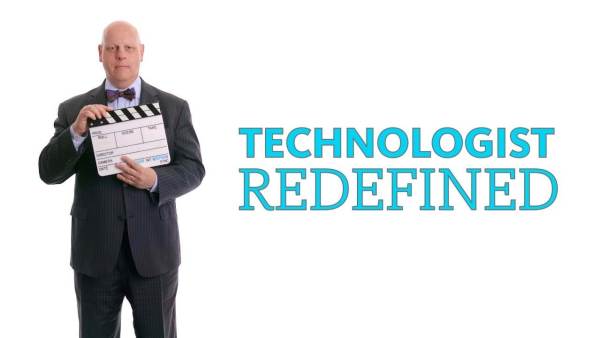
Danny Weitzner – Privacy and policy: a new school of thought. Public Interest Tech
Privacy is fundamental to our lives. Unanswered public policy questions raised by new technologies need to be addressed. Danny Weitzner, from the Massachusetts Institute of Technology (MIT), says as a society, we have to be directly engaged in these public interest technology questions to ensure new tools support human values.
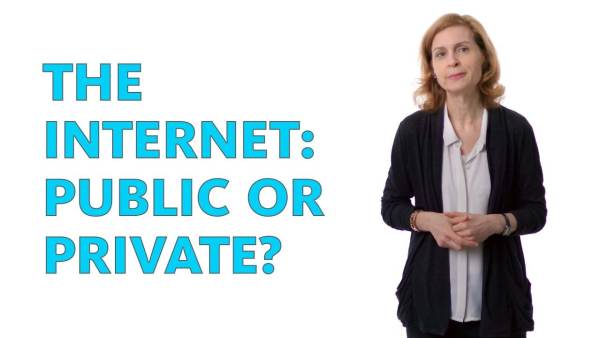
Susan Crawford – The internet: public or private? Public Interest Tech
Internet access is an indispensable factor when it comes to opportunities and resources needed for economic mobility. Public interest technologist Susan Crawford says government regulation is necessary to ensure provider incentives align with the public’s best interest and help create a better future for all.

Michelle Miller – A new age of advocacy. Public Interest Tech
Workers can use tools of the internet to push for better working conditions and outcomes, building a future of work that works for all. Michelle Miller, co-founder of coworker.org, focusses on building digital communities that put the power of numbers in the hands of the workforce.

Kade Crockford – Can computers discriminate? Spoiler alert: yes. Public Interest Tech
The age of automated decision making, through algorithms, can exacerbate inequalities in society. The ACLU’s Kate Crockford believes we need to bring technologists into the public interest fold to address this worrying issue. Lawyers like Crockford play an important part in ensuring digital technologies work for the benefit of all.

Joy Buolamwini – Fighting the “coded gaze:” How we make artificial intelligence benefit all. Public Interest Tech
The automation of how computers detect, classify, and identify faces can favor some races and genders over others and also deepen existing inequalities. Public interest technologist Joy Buolamwini is building tools to help researchers code in a more inclusive way.
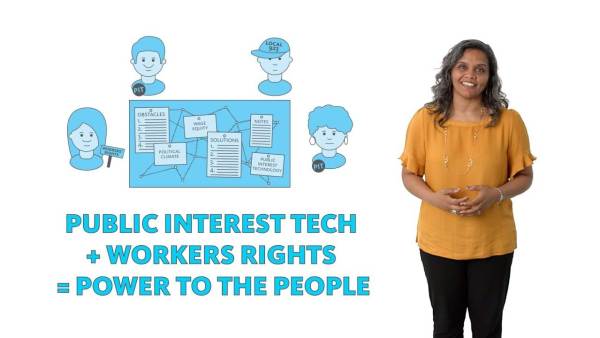
Sarita Gupta – The future of work(ers) rights! Public Interest Tech
Technology can help build a future of work that works for all. Sarita Gupta from Jobs with Justice explains how we can use technology to improve workers’ lives. Public interest technologists and social change leaders need to come together to design systems and tools that benefit all.
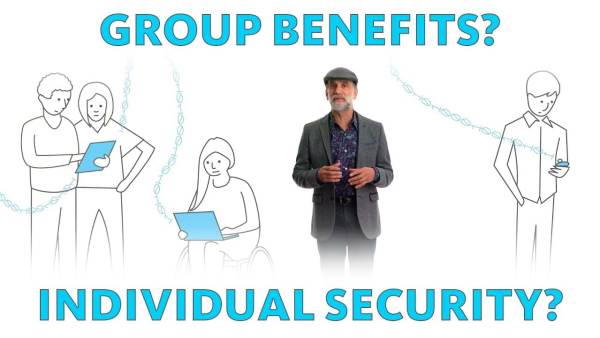
Bruce Schneier – How to survive in a hyperconnected world. Public Interest Tech
Cybersecurity expert Bruce Schneier says we need to find innovative ways to use surveillance data for the public good, while still maintaining our individual security. Tech decisions have policy ramifications, and policy decisions have tech ramifications—bridging the two worlds benefits everyone.
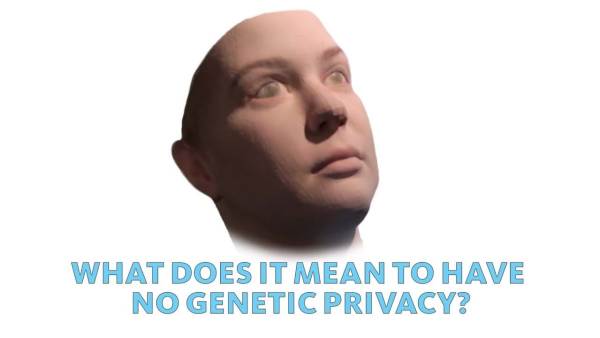
Heather Dewey-Hagborg – What can your genetic portrait tell the world? Public Interest Tech
Through her work, artist Heather Dewey-Hagborg asks deep questions about technology and how it functions and impacts society. She says we need to make the hidden world of biotechnology more visible to people, acknowledging its shortcomings and nuances to help ensure genetic privacy.
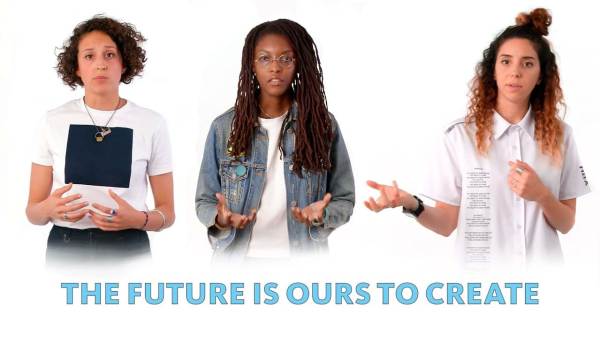
Hyphen-Labs – What does the future look like? Public Interest Tech
Technology can help us envision new ways of living. Artists can show us just what technology is capable of doing. But for tech to be truly inclusive, everyone needs to have a say in how it’s created. Artist collective Hyphen-Labs encourages experimenting with how we see the world.
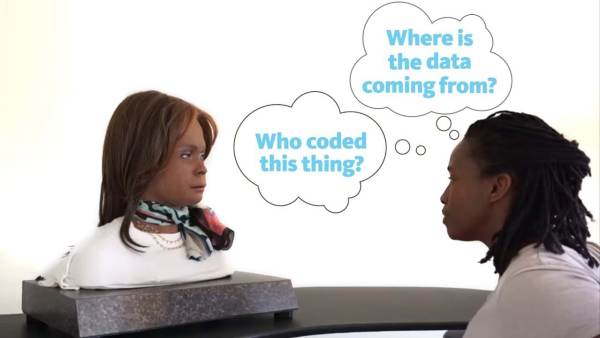
Stephanie Dinkins – Conversations with a robot. Public Interest Tech
There is implicit bias in artificial intelligence (AI). Artist Stephanie Dinkins wants data scientists and technologists to think about the ethical implications of AI and how better systems can be built for the future. Her work questions what machines are doing and why, so they can be more equitable and…
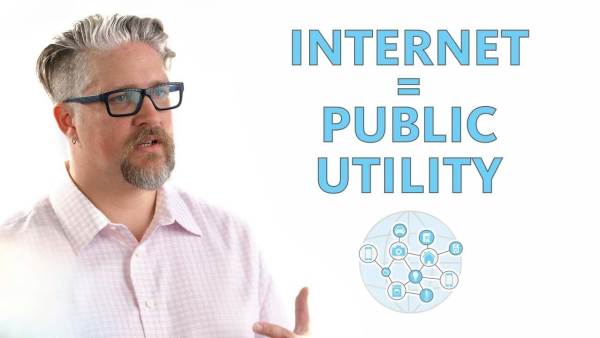
Éirann Leverett – Calling all hackers for good. Public Interest Tech
The internet is a shared safe space and should remain so. Éirann Leverett believes hacking can be used for public good. He maintains the issue of privacy and security should be seen as a consumer rights issue, and the internet should be treated as a public utility.
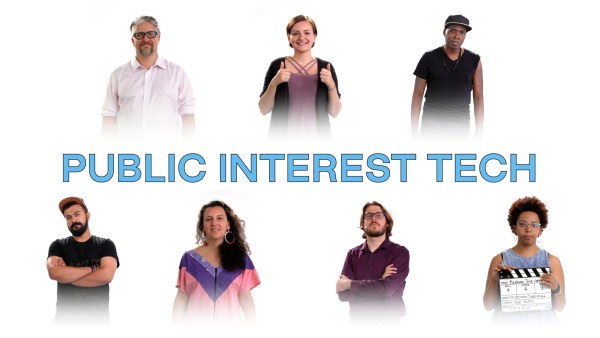
What is Public Interest Tech?
As it rapidly grows and changes our lives, technology can deepen existing inequalities in our world. For it to make a positive difference, public interest technologists work to ensure new and existing tech helps dismantle inequality and benefit the social good.
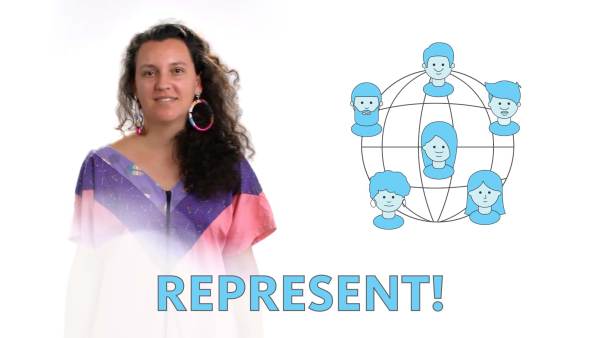
Steffania Paola Costa di Albanez – Who gets to make technology? Public Interest Tech
In the fight for equality, the way technology is developed should be a key issue. Open Web Fellow Steffania Paola Costa di Albanez says developers should reflect the diversity of those who use technology and represent a wide variety of user experiences, from women to Black women.
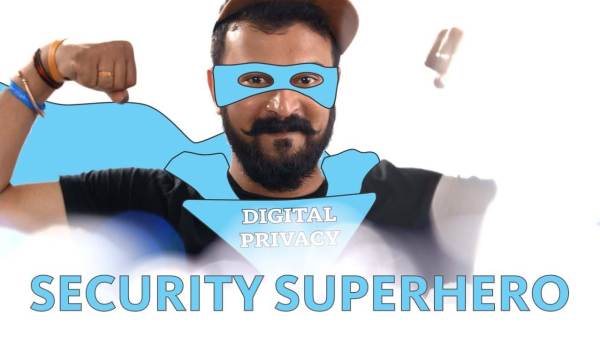
Sid Rao – My digital superpower. Public Interest Tech
Internet users don’t know how their metadata is being used or exploited for monetary or tracking purposes. Open Web Fellow Sid Rao aims to give people the tools to protect their digital privacy by knowing how their internet activities are being monitored.

Meet the future of tech. For good. Public Interest Tech
Public interest technologists show us how tech can work for social good and help fight inequality. They work to bridge the gap between what technologies are trying to build and what social scientists are trying to solve.
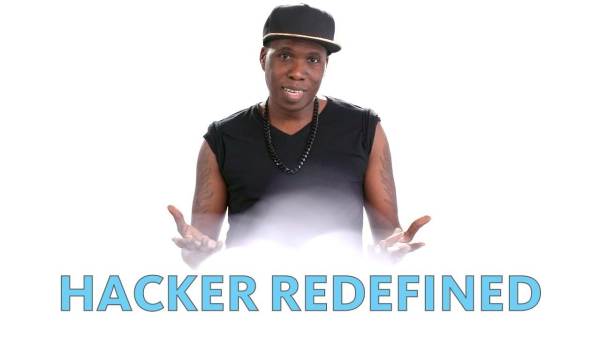
Matt Mitchell – I’m a hacker. For good. Public Interest Tech
Organizations need to be proactive in protecting themselves from digital threats. Hacker Matt Mitchell says it’s not a matter of if you will be hacked as an organization, it’s a matter of when. Having an understanding of these digital threats and planning before problems occur is vital.
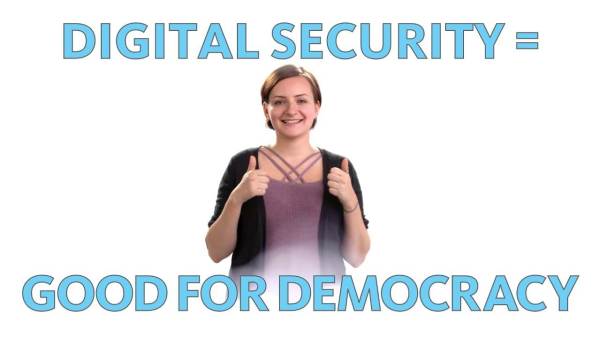
Jennifer Helsby – Digital security = good for democracy. Public Interest Tech
Having a free and open internet allows every person to read and speak freely online. Open Web Fellow Jennifer Helsby works to uphold freedom of the press and digital security, which are essential for journalists to maintain democracy.
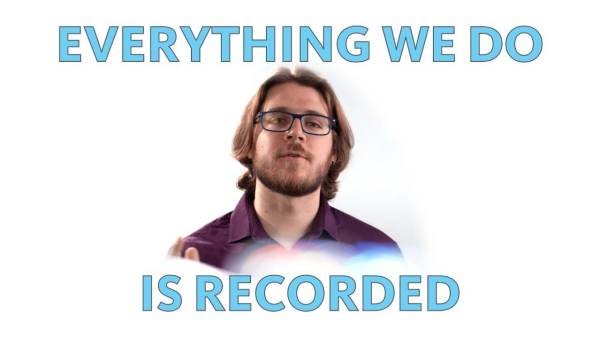
Etienne Maynier – Are these 5 tools in your organization’s digital security toolbox? Public Interest Tech
Fighting for a society that’s more equal means upholding the individual right to privacy. Etienne Maynier explains that digital surveillance is a pressing threat that feeds inequality. Protecting ourselves and our information is an important part of using technology to create a better society for all.